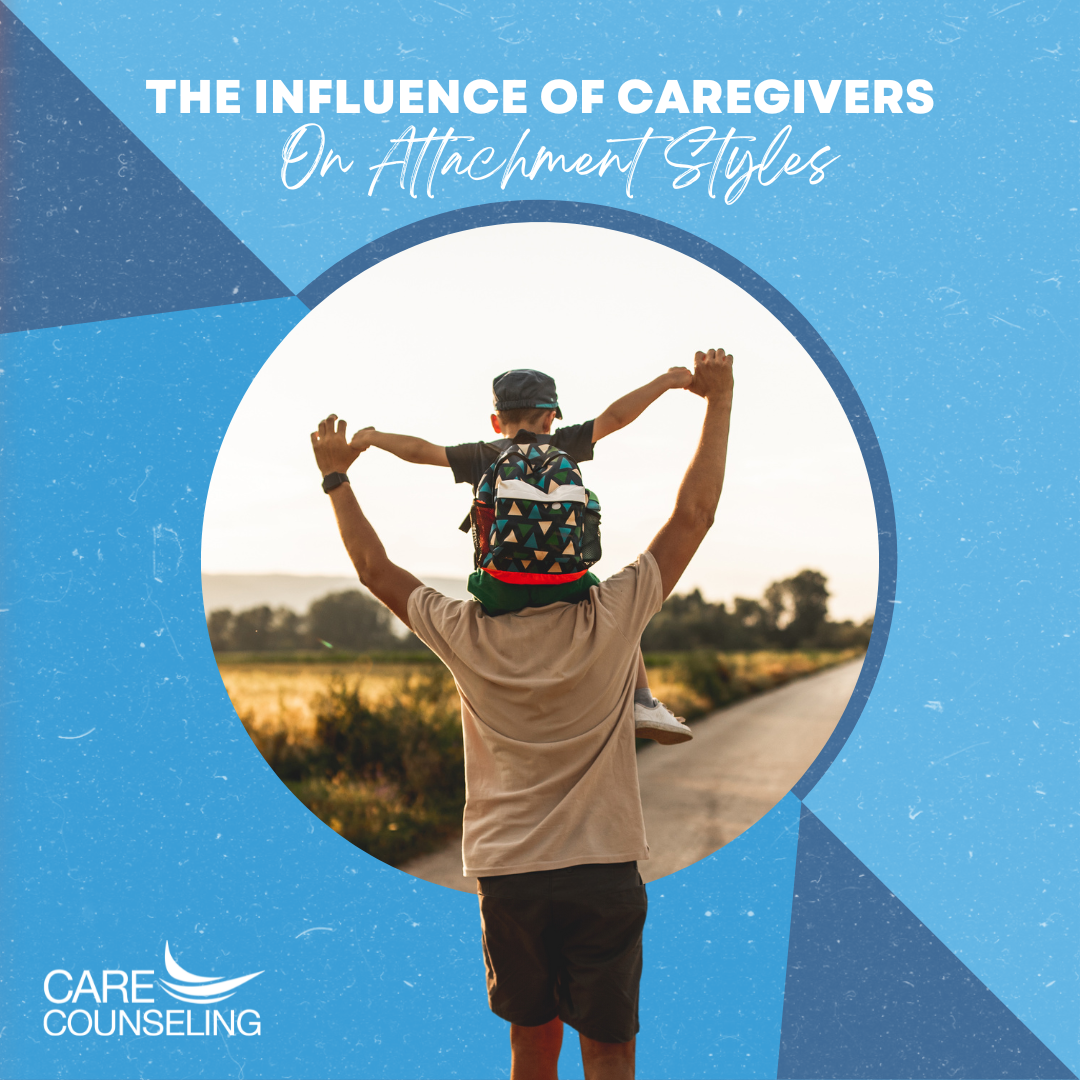The Influence of Caregivers on Attachment Styles
As we celebrate caregivers in our lives, now is an appropriate time to reflect on the influence of significant caregivers, attachment styles, and parenting practices, and how these impact adult attachment.

Our primary caretaker(s) provide an important foundation for our sense of security within relationships. Early research on early childhood attachments has evolved the understanding of adult relationships. John Bowlby and Mary Ainsworth’s early research on attachment theory focused on children’s development and forming secure or insecure attachments within the context of the relationship with their caregiver.
Babies are helpless and dependent on others to meet their basic needs for survival. When a baby cries to communicate distress such as the need to be fed or to signal the time for a diaper change, they are learning what to expect. A loving and responsive caregiver engages in a way that is reassuring and emotionally connected. This communicates a sense of safety and security and a secure attachment. It builds trust, as the baby knows that their needs will be met. Caregivers who are neglectful, abusive, or emotionally unavailable impact the infant’s ability to trust that their caregivers will reliability meet their needs and may develop non-secure attachment patterns.
The four attachment styles are listed below and include what this looks like in child development in response to their caregiver.
Secure: Children show distress when separated and joy/comfort when reunited. The caregiver is a safe and reliable base.
Avoidant: Children do not show a preference for caregivers (may go to a stranger) and may avoid caregivers.
Ambivalent: Children show distress when their caregiver leaves but cannot depend on their caregiver, impacted by the unavailability of the caregiver.
Disorganized: Children show a confusing mix of behaviors, impacted by parental inconsistencies. A child may receive comfort from the caregiver while also fearing them.
Many children who grew up in environments that were considered abusive or neglectful may have been raised or shaped by a parental figure who has provided that secure base. Attachment styles are not all or none as one may have a predominant style but features of others. Therapy offers a safe space to explore your early upbringing and how your current thoughts, feelings, and experiences are showing up in your adult relationships.
Parent-child therapy can help rebuild relationships and a more secure attachment within the caregiver relationship. Many adult children struggle with relational wounds from early childhood. While time helps create distance, it does not heal those scars. Consider therapy as a dyad with an adult child, parent, or caretaker. Therapists who work with families and couples can help build upon resiliencies and strengthen your relationship.
Written By: Charlotte Johnson, MA, LPCC
We’re Here to help
Our wellness experts will be happy to take care of you. You can CLICK HERE to schedule an appointment now or call (612)223-8898.
Meet Clinicians
We’re united by our commitment to providing effective, relevant, and innovative mental health support at all stages of your journey. Click Here to find a therapist or find out more about who we are, where we come from, and how we live out CARE’s mission every day.
The professionals at CARE are actively collecting and creating resources to help with what you need and address frequently asked questions. We’re Here for You.
source https://care-clinics.com/the-influence-of-caregivers-on-attachment-styles/
No comments:
Post a Comment